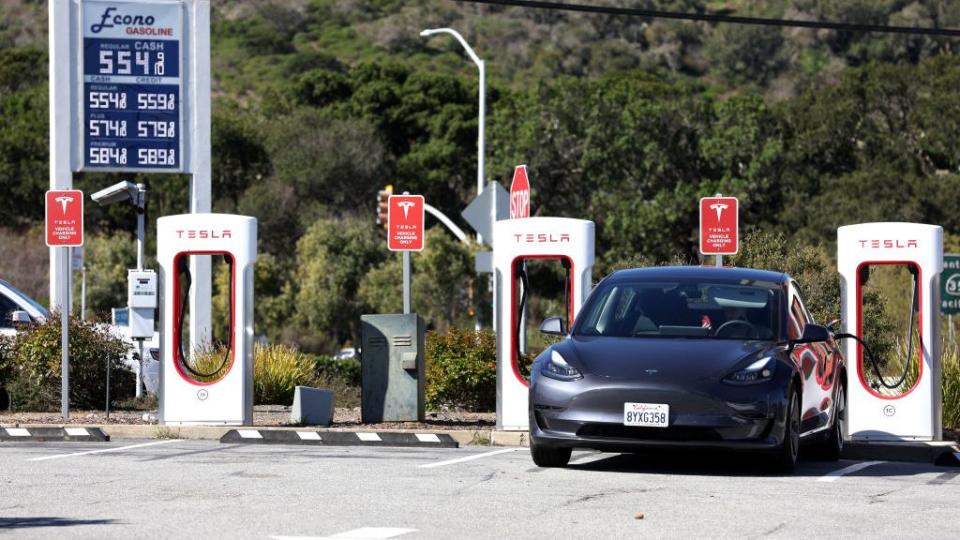SEMA Sues California to Stop the State's EV Mandates

The Specialty Equipment Market Association (SEMA) and The Work Truck Association (NTEA) are going into battle against California over the state's planned electric vehicle mandate. On Wednesday, October 8, the two organizations filed a civil lawsuit against the State of California in federal court, claiming that the Golden State's proposed plans exceed its authority.
The suit, which was filed in U.S. District Court in the Eastern District of California, is seeking immediate declaratory and injunctive relief to stop the California Air Resources Board (CARB) from implementing its Advanced Clean Fleets (ACF) regulations. Included in these clean-air regulations are mandates that only zero-emission vehicles may cross within California’s borders, no matter what state the vehicle was purchased or registered in. This mandate would include heavy-duty tractors, work trucks, pickup trucks, and light-duty package delivery vehicles alike, staunchly limiting the operating capability of most heavy-duty transportation companies.

"Interstate motor carriers and others who do not own CARB’s vehicle of choice would be barred from operating within the nation’s largest single-state economy for even a moment," SEMA wrote in a statement about the lawsuit.
Digging into the suit documents, SEMA and NTEA — representing more than 7000 aftermarket and commercial transportation companies — are concerned about their respective industries becoming obsolete, insinuating that enacting such stringent regulations would effectively end the era of internal combustion engines and the aftermarket that supports them. However, the legal rationale used by SEMA's lawyers against these regulations spans a variety of federal and state regulations and precedents.
The suit argues that these regulations will have a punitive effect on operators in California, as the state seeks to implement ACF regulations with immediacy and has even argued that it could remove gas-powered models from fleets in California. The suit also argues California's jurisdiction doesn't extend as far as the state claims, as the ACF regulations would be preempted by the federal Clean Air Act and Federal Aviation Administration Authorization Act. (However, the Environmental Protection Agency is still in the process of analyzing and approving the regulations, and it would ultimately be the authority to grant California a necessary waiver in order to bring the state's plan to pass.)

While states like California have the right to offer additional protections beyond those guaranteed by the federal government, SEMA's suit says that the ACF regulations are preempted by the feds' oversight of interstate commerce. The suit also alleges that previous legal precedent in the state of California precludes CARB from prohibiting the sale of any vehicle category in the state.
"The overreach of California has forced the hand of the automotive industry, making this legal action necessary to protect the interests of the thousands of automotive aftermarket companies whose $337 billion annual economic impact helps drive our nation’s economy," said SEMA president and CEO Mike Spagnola. "The illegal means by which California has sought to tilt the board by siding with just one technology is to the great detriment of a giant swath of the nation’s small businesses and threatens a dangerous precedent upon the American people."
The statement goes on to say that neither SEMA nor NTEA are anti-EV; rather, they say they don't trust an over-reliance on one kind of propulsion technology. Additionally, NTEA says that many of the organizations it represents are mission-critical operators, meaning emergency vehicles and utility trucks. As a result, it alleges that depending too much on EVs could lead to diminished response times, trash not being picked up, and fallen power lines staying down longer. Granted, all these claims are skewed towards a doomsday, worst-case-scenario look at the future of electric vehicles — but the legal precedents SEMA raises are worth watching, since more than a dozen states follow CARB regulations.
You Might Also Like

 Yahoo Autos
Yahoo Autos 